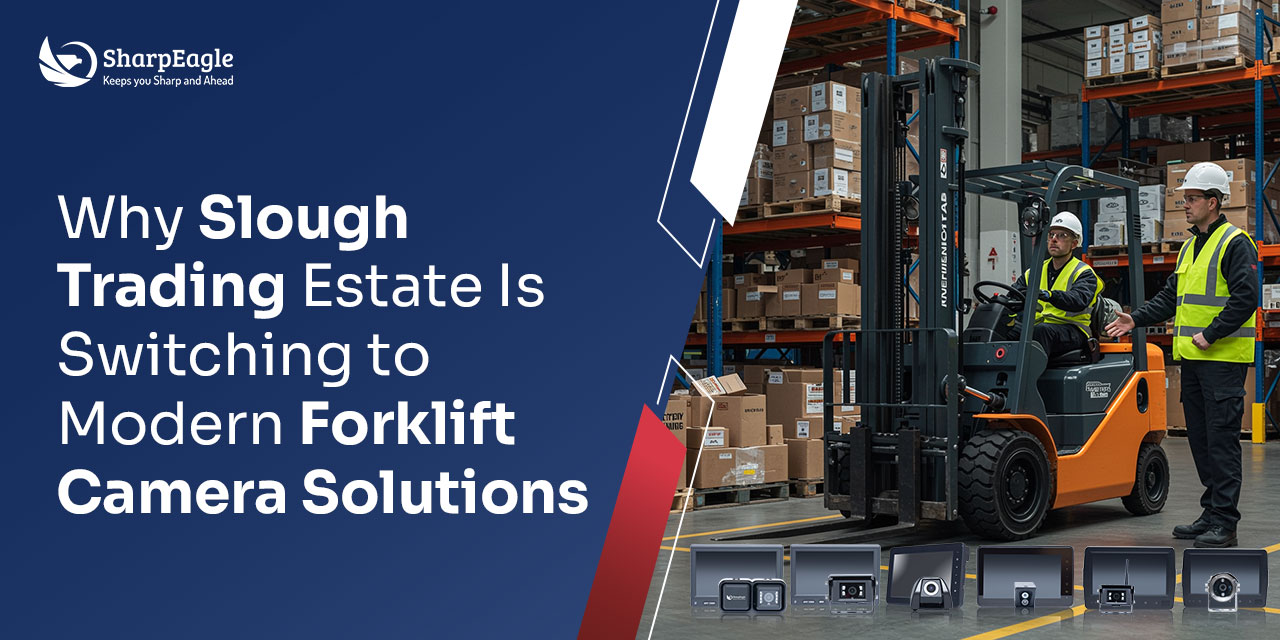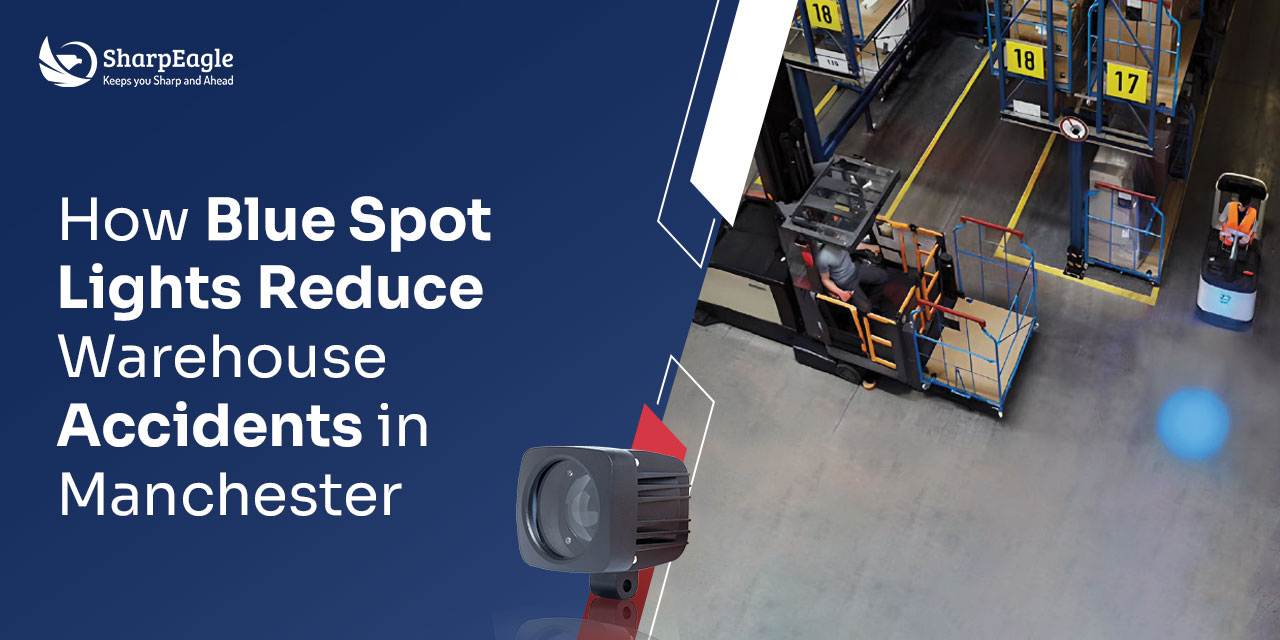

The oil and gas business is a high-risk environment with frequent exposure to dangerous conditions for personnel. It is critical to ensure their safety, and technology has played an important role. The invention of explosion-proof cameras is one such technological innovation. These cameras are intended to operate securely in potentially explosive settings, such as those found in oil and gas activities. They are an excellent tool for improving worker safety by monitoring dangerous places remotely and eliminating the need for workers to enter these areas physically. Explosion-proof cameras are becoming more popular since they are a cost-effective and dependable way of ensuring worker safety in hazardous areas.
In this blog article, we will examine how explosion-proof cameras may power the future of worker safety in the oil and gas industry. Let us first define explosion-proof cameras and how they differ from standard cameras.
When it comes to hazardous environments like the oil and gas industry, more than regular cameras will be required. That's where explosion proof cameras come in. These cameras are specially designed to be used in potentially explosive environments where gasses, vapours, and dust can ignite and cause fires or explosions.
Explosion proof cameras are built with robust, non-sparking materials that withstand high temperatures, pressure, and impact. They are also certified to meet international standards for hazardous area classifications, such as ATEX, IECEx, and UL. These certifications ensure that the cameras won't be a source of ignition and can operate safely in explosive atmospheres.

Explosion proof cameras offer many benefits for the oil and gas industry. For instance, they can help prevent fires and explosions by detecting and monitoring hazardous areas in real time. They can also improve worker safety by providing high-quality imaging of critical regions, such as pipelines, tanks, and drilling rigs. In addition, explosion proof cameras can enhance operational efficiency by enabling remote monitoring and control of processes and equipment.
Now that we understand the importance of explosion proof cameras, let's delve into the hazards faced by workers in the oil and gas industry and the importance of worker safety.
The oil and gas business is notorious for its hazardous working conditions. Employees are exposed to various hazards, including explosions, fires, and toxic fumes. These dangers can result in serious injury or even death. Oil and gas firms must emphasize worker safety to create a safe and productive workplace.
The importance of worker safety in the industry cannot be overstated. Aside from ethical considerations, safeguarding worker safety can affect productivity and profitability. Accidents can cause significant financial losses due to delays, equipment damage, and downtime.
Oil and gas businesses must adhere to various regulations and requirements to maintain worker safety. Occupational Safety and Health Administration (OSHA) regulations, National Fire Protection Association (NFPA) standards, and American Petroleum Institute (API) guidelines are among them. Compliance with these standards protects workers while also assisting businesses in avoiding penalties and fines.

Let's look at SharpEagle's solutions now that we've covered the importance of worker safety in the oil and gas industry and the advantages of explosion-proof cameras.
SharpEagle is a name to trust when it comes to solutions for the Explosion Proof Camera For Oil And Gas. With years of experience in the industry, we understand the unique needs and challenges faced by oil and gas companies and offer a range of explosion proof cameras that cater to these requirements.
SharpEagle offers many explosion-proof cameras, including fixed, PTZ, and thermal cameras. Our cameras are designed to provide high-resolution imaging, even in low light conditions, and are built to withstand harsh and hazardous environments. Additionally, our cameras are equipped with remote monitoring, real-time alerts, and video analytics, making it easier for companies to monitor their operations and identify potential hazards.
Our explosion proof systems, such as Ex-proof CCTV camera and ATEX camera, are all certified to various international standards, including ATEX, IECEx, UL, and FCC, ensuring that our solutions meet the most current safety rules. We also provide tailored solutions based on our client's requirements.
Ensuring worker safety is of utmost importance in the oil and gas industry, given the various hazards that workers face daily. Using explosion-proof cameras can significantly improve worker safety and prevent accidents such as fires and explosions.
SharpEagle, a leading provider of explosion proof camera solutions, offers a wide range of advanced cameras that comply with industry regulations and standards. Their cameras provide high-quality imaging, real-time monitoring, and remote access features that enhance safety and productivity. SharpEagle's commitment to worker safety and cost-effective solutions has been proven through the success stories of satisfied customers.
We encourage oil and gas companies to prioritize worker safety by considering SharpEagle's explosion proof camera solutions. By implementing these solutions, companies can ensure the safety of their workers, improve productivity and comply with regulations, ultimately leading to a safer and more profitable work environment.
A: Explosion-proof cameras are designed to be used in hazardous environments such as the oil and gas industry. They are different from regular cameras as they have housing materials and certifications that can prevent explosions and fires.
A: Worker safety is crucial in the oil and gas industry due to the various hazards that workers
face daily, including explosions, fires, and toxic gases. Improving worker safety can increase productivity and profitability and comply with industry regulations.
A: SharpEagle's explosion-proof cameras offer high-quality imaging, real-time monitoring, and remote access features that enhance safety and productivity. By implementing these solutions, oil and gas companies can ensure the safety of their workers, comply with regulations, and improve profitability.



